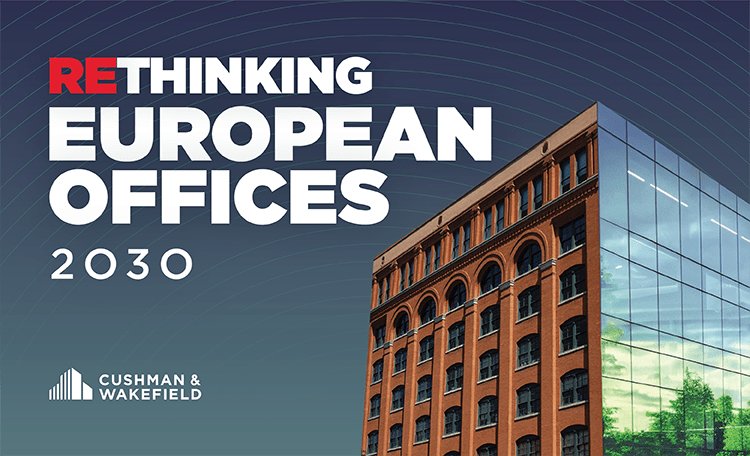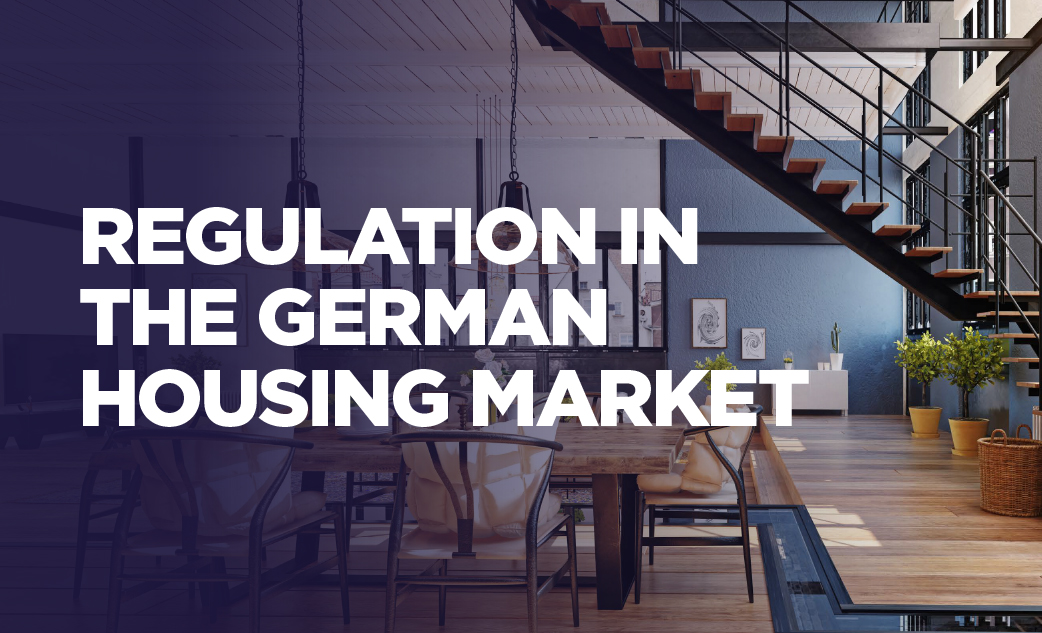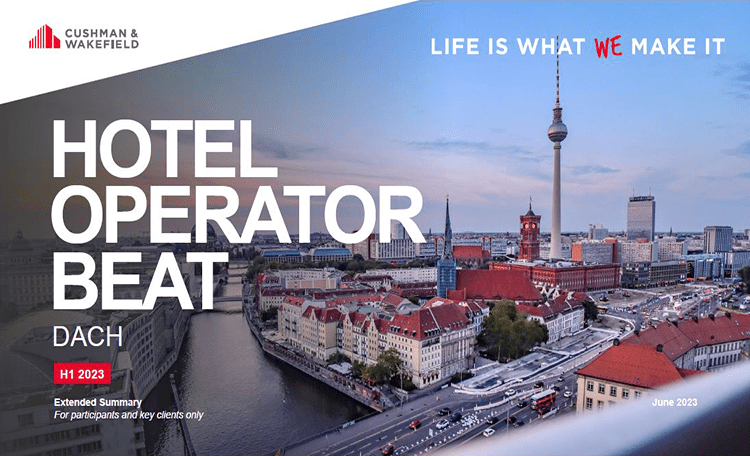Since the spring of 2020, the real estate market has been in the grip of the coronavirus pandemic: an economic slump, restrictions on the mobility of market players and a high degree of uncertainty have characterised the past months. Some rental markets have experienced severe declines in demand. However commercial real estate investment market has remained relatively unscathed.
Sales processes have taken longer and some were cancelled, but the general level of demand for real estate in Germany remained very high - if with a stronger focus on the core and core-plus risk classes: properties in good locations with a long-term lease to a tenant with a strong credit rating are investors' favourites. "In the bidding rounds, equity-rich investors who are looking for alternatives to low-interest bonds continue to outdo each other. Compared to German government bonds, even an office yield in the 2.80% range offers a very good alter-native," comments Alexander Kropf Head of Capital Markets Germany at Cushman & Wakefield.

Office investments dominate at 45% - Berlin strongest investment market
"The German commercial real estate investment market achieved a transaction volume of EUR 58.2 billion in 2020. Although this is 15% below the previous year, it is roughly in line with the 5-year average. Investments in office properties continue to dominate the market – contributing a good 45% (previous year 56%) of the transaction volume. Retail properties (18%) and logistics properties (12%) follow," said Helge Zahrnt Head of Research & Insight Germany at Cushman & Wakefield. More than half of the transaction volume (54%, 31.4 billion euros) is accounted for by the top-7 markets. Berlin leads the location ranking at EUR 8.8 billion, ahead of Frankfurt at EUR 6.5 billion. In Berlin, the TLG takeover alone contributed almost EUR 2 billion to the overall result.
On the seller side, many owners of core and core-plus properties were willing to sell at the current high prices. Many buyers with a risk profile in the value-add and opportunistic segment were faced with limited liquidity due to restrictive financing conditions and uncertainty about future developments in the markets. This ultimately meant that buyers in more risky segments were no longer able to offer such attractive prices in 2020. Accordingly, the transaction volume in these risk classes fell in 2020. In addition, there were a number of corporate investments in 2020, such as the TLG takeover by Aroundtown and various investments in Signa Prime Selection. "On the buyer side, equity-rich investors were particularly active. As international investors were less able to travel due to the travel restrictions in the wake of the Corona pandemic, German buyers had less international competition. At the same time, German investors also invested less abroad and focused more on Germany - thus stabilising the market in 2020," commented Alexander Kropf.
It remains to be seen how quickly international investors will return to Germany: on the one hand because of travel restrictions and on the other because of the very high price level in Germany. However, the competition among buyers resulted from the large amount of cheap money requiring, and continuing to require, placement in appropriate investments. Pension funds and insurance companies in particular pushed up their real estate quotas and were prepared to pay high prices.
Prime yields for office properties compress further
"Demand for properties in the core and core-plus risk classes remains high. Accordingly, the averaged prime yield for office properties in the top 7 markets compressed from 3.00% to 2.90% in the course of 2020. For 2021, we expect further yield compression to approx. 2.85%," commented Helge Zahrnt. The average prime yield for commercial properties is 3.70%. For logistics properties it is 3.50%.
Outlook - real estate remains preferred investment product
"For 2021, we expect a transaction volume in the range of EUR 55 to 60 billion - i.e. at a comparable level to 2020. The coronavirus restrictions will continue to affect sales processes well into 2021. The market will continue to be dominated by German and European investors with strong equity capital. For higher-risk properties, it re-mains to be seen whether potential sellers and buyers will converge on prices and whether market uncertainty will recede in the course of the year," commented Alexander Kropf.





















